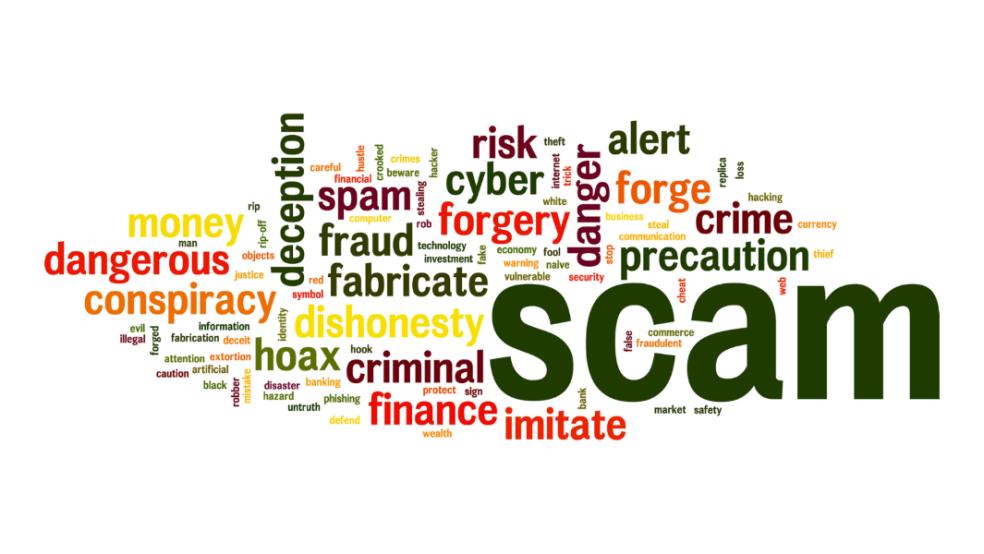
Uswitch offers tips on how to spot a scam energy text
Ben Gallizzi, energy expert at Uswitch.com, offers advice on how to spot an energy scam text: “There are many fraudulent emails and texts circulating at the moment, aimed to trick people into believing they’re being offered extra help with their energy bills.
“Known as ‘phishing’ scams, these have been created by fraudsters who are posing as organisations such as Ofgem or the UK Government.
“The £400 energy bill support scheme, available to all households, is given automatically by your providers, and you will not need to offer any personal information to receive it.”
Uswitch tips on how to spot and handle a scam text:
- Spell check. Does the message contain spelling mistakes? If so, it is most likely a scam. Professional organisations will almost never make spelling or grammatical errors.
- Surprise text. Were you expecting the text message? If not, this could be a sign that the fraudsters are trying to catch you off guard.
- Repeat caller. Have you received a genuine text from this organisation before? If so, check to see whether they’re from the same sender. You can also find the organisation’s contact details via their official website, or give their customer service team a call to check the text for you.
- Dodgy links. Does the text include suspicious links? Never click on links within a text you’re not sure about. Again check via the organisation’s customer service team, as clicking a scammer’s link could result in your personal details being taken, or even your money.
- Ignorance is bliss. Do not reply to a suspicious text - even if you want to catch them out. Replying will alert them that your number is in use and active, leaving you open to future scam attempts.
- Block, report, delete. If you’re concerned about a scam text, block the sender and take a screenshot of the text for evidence. You should report the text to Action Fraud on 0300 123 2040 or on their website, then delete the message.
Related Articles for you
Three in five people have received a scam delivery text in the last year
Experts reveal five tips to protect yourself from phishing scams
UK families to lose out on more than £2,250 from not owning our own energy














